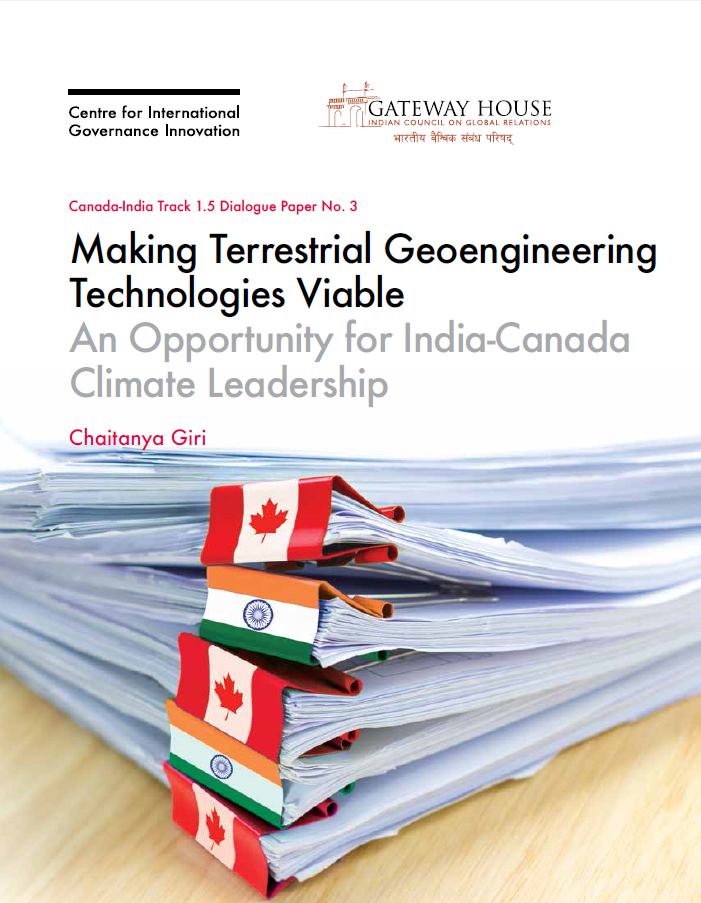 Courtesy: Gateway House & CIGI
Courtesy: Gateway House & CIGI
The use of terrestrial geoengineering techniques, such as carbon capture, is necessary to keep the rise in global temperatures below 1.5 degrees Celsius, as per the Paris Agreement’s targets. Terrestrial geoengineering is different from atmospheric climate engineering: the latter does not remove the very source of the increased greenhouse effect, which are anthropogenic greenhouse gases. India and Canada must collaborate on carbon capture and propose multilateral regulations for unethical atmospheric climate engineering
 Courtesy: India Times
Courtesy: India Times
The recent opening of the Kartarpur corridor in Punjab and the release of a Canadian parliamentary report on the security breach during Prime Minister Justin Trudeau’s India visit are important developments. They present a good opportunity for New Delhi to step up cooperation with Ottawa on countering terrorism and violent extremism
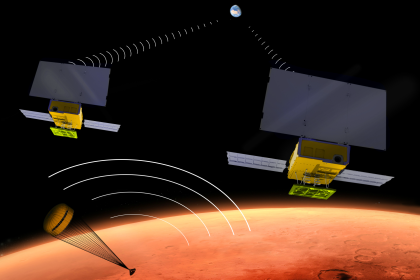 Courtesy: NASA
Courtesy: NASA
The NASA InSight mission has demonstrated that cube satellites can, after all, endure interplanetary travel. Such miniaturisation of technology looks set to disrupt the obsolete 20th century approach to space exploration. It will give rise to an interplanetary telecom industry, which is indispensable for the support of human presence on Mars
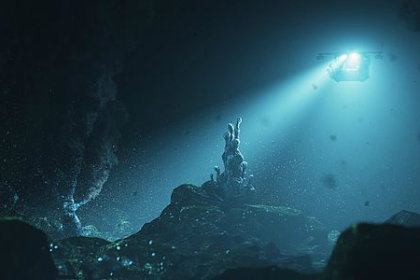 Courtesy: NTNU
Courtesy: NTNU
The emergence of the Fourth Industrial Revolution depends on the availability of rare- earth minerals, which occur extensively on the ocean floor of the Indo-Pacific. The technology to exploit this is available only to some countries currently: the global agreement on this must be fair and safeguard India’s future interests, says the author of this blog
 Courtesy: Swarajya
Courtesy: Swarajya
A grand achievement is a series of smaller, well-defined, and precise accomplishments. If the vision of putting an Indian on the moon has to materialise, it should be preceded by several smaller projects and diverse institutions meeting definite targets. What would these targets be? Where does India’s scientific community stand in meeting them as of this day? What kind, and how much, additional capacity needs to be added to the Indian science sector to put an Indian on the moon?
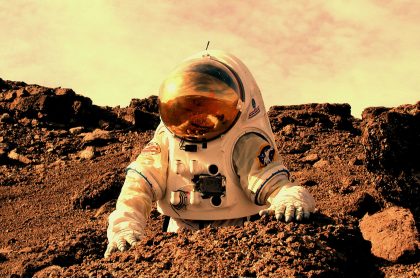 Courtesy: Wikipedia
Courtesy: Wikipedia
India’s human spaceflight programme calls for a strong symbiosis between the country’s private sector, defence, and civilian agencies. The focus should be on indigenous development to preserve strategic autonomy
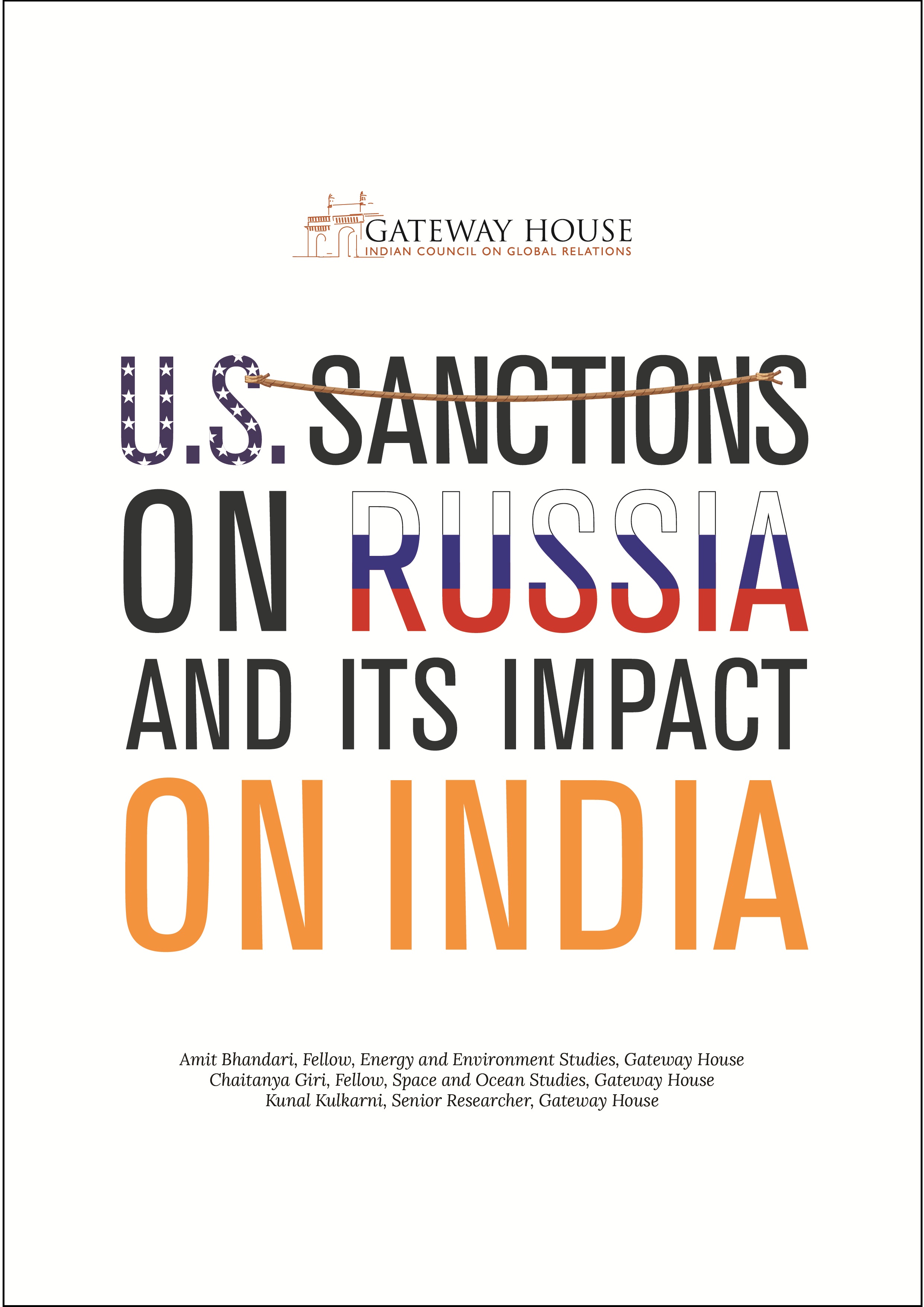 Courtesy: Gateway House
Courtesy: Gateway House
America is increasingly using sanctions as a geopolitical tool against its rivals, Russia, Iran and Venezuela. These countries are important partners for India, which needs to find ways around unilateral American sanctions.
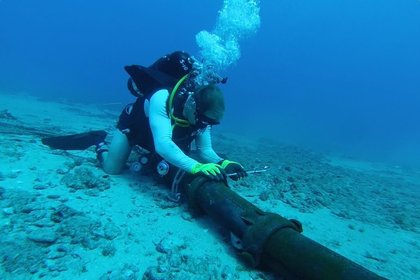 Courtesy: Dantri.com
Courtesy: Dantri.com
Every country has strategic goals to pursue and technology ecosystems play a vital role in achieving them
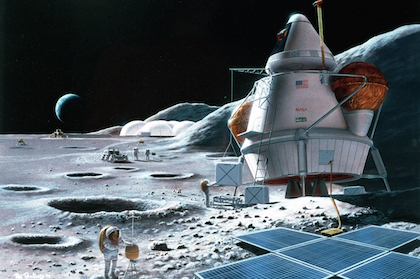 Courtesy: NASA/SAIC/Pat Rawlings
Courtesy: NASA/SAIC/Pat Rawlings
Ownership of lunar artifacts – objects left behind by space missions – will become a vexing issue as the international footprint on the Moon grows. Such archaeological objects may be designated ‘national heritage’, but the site on which they exist ought to remain ‘a global common’, and not become a point of territorial contestation. The Moon needs to be managed by global consensus, prudence and realism.
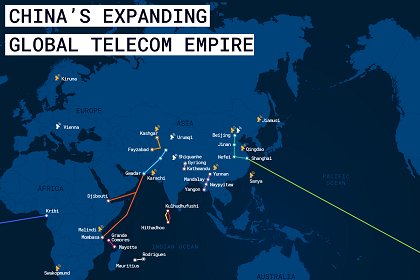 Courtesy: Gateway House
Courtesy: Gateway House
This version of the Gateway House Map on China’s Expanding Global Telecom Empire identifies some more telecommunication assets -- optic-fibre and satellite ground stations -- that Beijing is working on in South and Central America, Africa, Myanmar, the Indian Ocean Region and mainland China besides the existing ones, such as the Pakistan East Africa Cable Express (PEACE). It shows the direction China’s investment is taking, its diplomatic overtures and the larger geopolitical implications of its growing telecom empire












